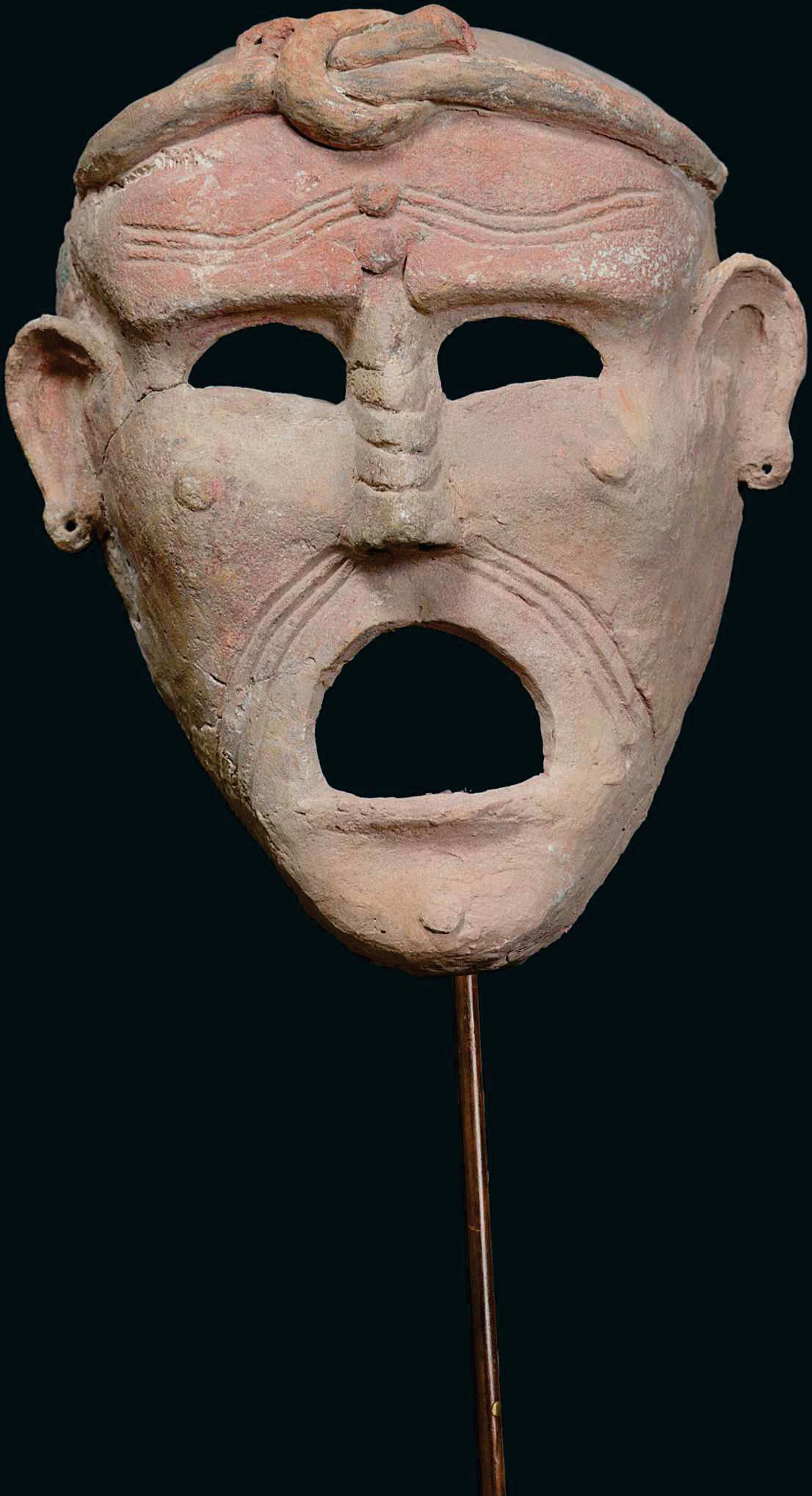يحاول ذهب - حر
The making of Rome's monster
October 2025
|BBC History UK
In the second century BC, Roman troops razed the city of Carthage and obliterated its civilisation. So why, asks Eve MacDonald, did the victors remain obsessed by their conquered foes for the next 200 years?
-

Carthage burned for six days. After three long years of siege, in the spring of 146 BC Roman soldiers finally broke through the city's defences and began to slaughter the population. But still the Carthaginians resisted. Street by street, they threw themselves at their enemy.
Rome's relentless military machine moved from the city's ports, across the temple-filled marketplace and up the streets that lined the central hill. There they were assailed by projectiles hurled down from roofs by women, children and old men.
Yet the Romans' fierce assault on that already ancient city on the north African coast could not be stopped. They went from house to house, ascending to roofs, rooting out Carthaginians from their hiding places. Houses burned and bodies lined the streets while a unit of 'sweeper' soldiers cleared away the dead to allow access for more troops.
The scene, as told by the Greek historian Appian - in what, it seems, was an eyewitness account - paints a gruesome picture of conquest in the ancient world. It was so brutal, in fact, that the Roman commander, Scipio Aemelianus, had to change his troops frequently, sending in fresh fighters to combat the Carthaginians' desperate attempts to defend their land, their houses, their families, their gods and their very lives.
Those attempts at defence came to nought. The people of Carthage were slaughtered or enslaved, their once-beautiful city left in smouldering ruins on the shores of the Mediterranean. As a result of the destruction, and of the memory of the wars fought between these two ancient superpowers, Carthage became an integral part of the story of Rome and its rise to empire.
 Stolen story
Stolen storyهذه القصة من طبعة October 2025 من BBC History UK.
اشترك في Magzter GOLD للوصول إلى آلاف القصص المتميزة المنسقة، وأكثر من 9000 مجلة وصحيفة.
هل أنت مشترك بالفعل؟ تسجيل الدخول
المزيد من القصص من BBC History UK

History Extra
Q&A
A selection of historical conundrums answered by experts
8 mins
March 2026

History Extra
The game's afoot
Having previously made two films starring Robert Downey Jr as Sherlock Holmes, it seems Guy Ritchie remains as fascinated as ever by Sir Arthur Conan Doyle's famous detective.
1 min
March 2026

History Extra
EXHIBITIONS
If we can count on one thing to persist throughout history, perhaps it is love, and that's exactly what Love Letters showcases.
1 min
March 2026

History Extra
Left turns
Charlotte Vosper, content producer, picks episodes of the HistoryExtra podcast related to Chinese communism
1 min
March 2026

History Extra
Direct connection
To celebrate 150 years since the first telephone call was made, Michael Kay and Coreen McGuire describe how the device reshaped social interactions in Britain - and the somewhat surprising ways it was first used
12 mins
March 2026

History Extra
Political earthquake
GRAHAM HUTCHINGS is impressed by an iconoclastic history of communism in China that makes unpleasant but ultimately important reading
5 mins
March 2026

History Extra
Money talks
JESS VENNER welcomes a wide-ranging look at how non-elite people in ancient Roman society managed to get by from day to day
2 mins
March 2026

History Extra
Blades of glory
JAMES OSBORNE discovers a game in which fantasy power is measured in skill rather than status, trading crowns and conquests for patience and craft
1 mins
March 2026

History Extra
Rock'n'roll survivor
In 1961, when Stuart Sutcliffe left The Beatles, Paul McCartney switched from guitar to bass.
1 min
March 2026

History Extra
Minor character action
Whisper it, but some of Jane Austen's most beloved characters may be just a little too familiar.
1 min
March 2026
Listen
Translate
Change font size
